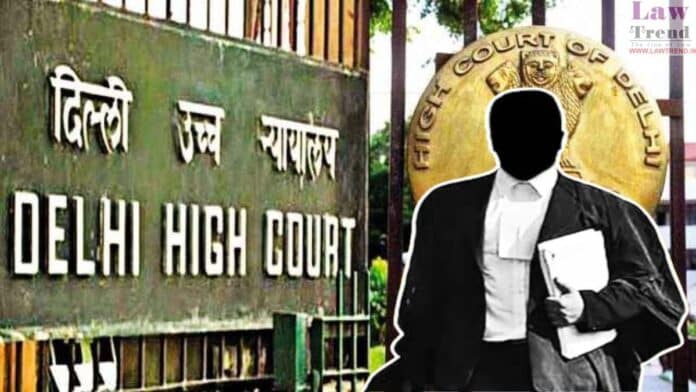In a significant turn of events, the Delhi High Court’s process for designating senior advocates has come under scrutiny following serious allegations of procedural discrepancies. The controversy emerged after Sudhir Nandrajog, a key member of the High Court’s permanent committee, refused to sign off on the list of 70 lawyers recommended for the prestigious designation, claiming it was pushed forward without proper consensus and his consent.
This issue surfaced just as the Chief Justice of the Delhi High Court, Manmohan, is set to be elevated to the Supreme Court, adding layers of complexity to the unfolding scenario. Nandrajog’s refusal came after the High Court had concluded its selection process, which involved the review of 302 candidates. His accusations point to a lapse in following established procedures and suggest that he was sidelined from the decision-making process while away on arbitration duties.
“The list was made and sent ahead, and after that, they sent it to me for my signature. I refused to sign. The committee had to meet on Monday, but it didn’t,” Nandrajog stated in an interview with Hindustan Times. In protest, he resigned from the committee, forwarding his resignation to Chief Justice Manmohan and notifying Delhi Chief Minister Atishi of the situation.
The designation process, which culminated in a full court meeting on Friday, was supposedly conducted in adherence to the Supreme Court’s 2017 guidelines established in the landmark judgment of Indira Jaising Vs Supreme Court of India & Ors. These guidelines mandate a transparent and fair assessment of candidates based on various criteria including integrity, legal acumen, and years of practice. The committee, chaired by Chief Justice Manmohan and comprising justices and senior advocates, was responsible for this assessment.
However, the current controversy threatens to undermine the legitimacy of the designations, as Nandrajog’s allegations imply a deviation from the collective decision-making principle central to the Indira Jaising framework. The validity of the final list, which includes 11 women and several notable practitioners, now hangs in balance, potentially leading to litigation and further scrutiny.




